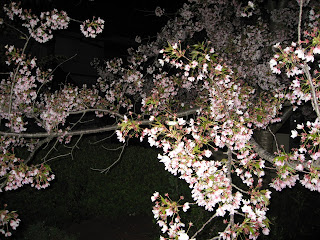
純白のドレス、背の高い王子様、馬車のパレード…。このおとぎ話のようなウィリアム王子とケイトさんの結婚式は、世界中の人々に見守られていたことでしょう。イギリスの財政難に配慮した地味婚が、現代風のカップルをより親しみやすくさせていました。誓いの言葉を交わす場面では、自分の結婚式を思い出して、少し感傷的になってしまいました。
写真:ビッグ・ベンも、お二人を見守っていたことでしょう。
The Royal Wedding
White dress, tall prince, carriage parade… People all over the world must have watched this fairy-tale wedding of William and Kate. It was a rather modest wedding for the royal couple with consideration of the financial difficulty of the country, which made the modern couple even more amiable. I remembered my own wedding and felt a little sentimental when they were exchanging vows.
Picture: Big Ben must have been watching them, too.




